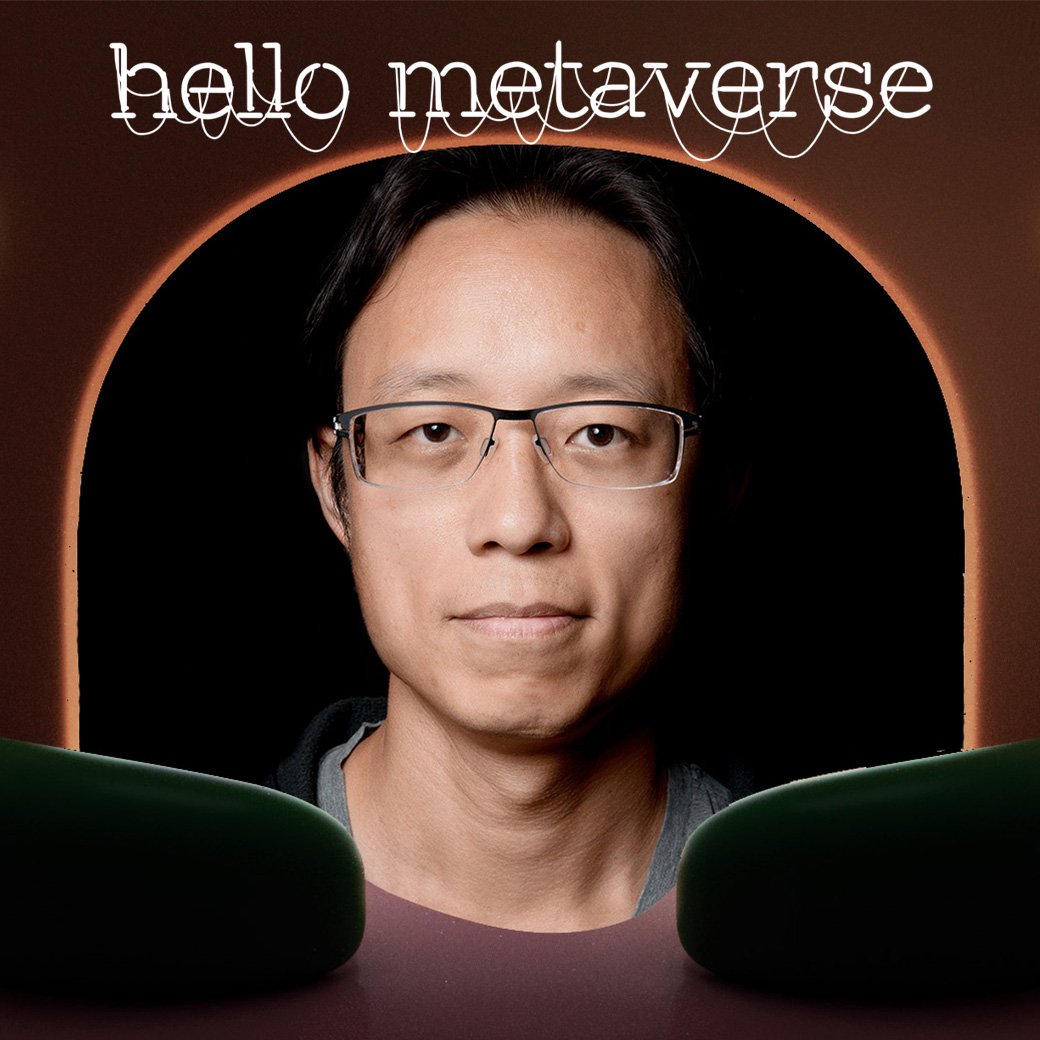Yat Siu: Innovation Led by Digital Property Rights
Listen & Subscribe Apple Spotify Google Youtube
Episode Summary
In the last year, play-to-earn (P2E) games have become a promising new frontier for both blockchain enthusiasts who are seeking a deeper purpose in what NFTs and digital ownership can enable, and game developers who are intrigued by this new model of publishing games where it can bypass the walled gardens of the mobile app stores.
However, given the nascency of this industry, there’s still a ton of skepticism. Common criticisms include P2E games being “not fun to play”, not actually helping people earn money, and not necessarily providing additional value to own game NFTs.
For Yat Siu who was one of the first investors in Axie Infinity, he believes blockchain gaming is just scratching the surface of what opportunities it can unlock. Beyond immediate value, he is able to see the long term benefits through a philosophical lens.
Investing not Extracting
Yat’s first wakeup call in the mobile gaming space was when his popular games were taken off of the Apple App Store for more than a year without much explanation. Like many mobile game developers, he saw how little control he had over the success of his games. Even when he got back onto the App Store, he realized just how much marketing spend became the lifeblood of a game. Without having a competitive budget, it was impossible to get discovered by users.
In contrast, blockchain games provide vested interests for its players. Money spent in games by players contributes to assets they can truly earn, in which they can sell or trade in the future. If not towards buying assets, the spending either gets earned by other players, or gets invested back into the ecosystem rather than being siphoned into marketing spend. This cycle helps form self-sustaining ecosystems that don’t necessarily need to reach millions of players to thrive and be engaging to participate in.
Basis for Innovation
Inherent to blockchain games is its permissionless nature. Since the assets are not owned by the players and not the platform, it breeds creativity and innovation as people can independently identify opportunities. Yat provides the example of the car industry. Because car ownership is decentralized, so many other third party service layers have been built on top of it from gas stations, to ridesharing, to public roads, and car mechanics.
He predicts this will similarly happen when digital assets are decentrally owned (digital property rights), creating a foundation for open composability. One prime example is Yield Guild Games (YGG), a gaming guild built on top of the popular P2E game Axie Infinity. Due to YGG’s service to help onboard those who would otherwise not be able to initially afford playing Axie Infinity, it created the powerful network growth that led to Axie Infinity’s explosive user growth.
Monopoly to Democracy
A stark analogy Yat made was comparing the current gaming landscape with the fast food industry. Imagine a world where you only had access to fast food chains, no local or Michelin star restaurants…pretty bleak image right? The existing ecosystem has made it extremely difficult for indie games to survive, which leaves us with very limited options as players.
For Yat, the ideal future for Web 3 is one where there’s a framework for transparency and digital property rights is a fundamental right. He hopes to see consensus on the blockchain through likely voting via DAOs as a way to get people participating in the digital world through the democratic process, and ultimately eliminating centralized control.
Interested in diving deeper into blockchain gaming, either as an investor, operator, or user? Yat suggests doing the following;
Don’t be a tourist, be a resident - looking at the Metaverse from the outside in will never allow to you fully experience the evolving culture
Think about buying NFTs the same way you would a car - do your research, read reviews, and talk to community members and experts
Develop covet skills - this includes smart contract development, tokenomics, defi, etc.
About the Guest
Yat Siu is the co-founder and executive chairman of Animoca Brands, a global leader in blockchain and gaming with the mission to deliver digital property rights to the world’s gamers and internet users, thereby creating a new asset class, play-to-earn economies, and a more equitable digital framework contributing to building the open metaverse.
He is a veteran technology entrepreneur and investor based in Hong Kong. He was previously the Founder and CEO of Outblaze, and began his career in Atari Germany. He has been an early advocate for the use of blockchain and NFTs in the gaming industry, which will allow gamers to enjoy true ownership of their own game assets, data and consequently, equity.
Show Notes
[2:20] How Yat became interested in gaming
[8:45] Gaining conviction for blockchain gaming
[13:40] Permissionless nature of the blockchain
[15:10] Extractive nature of mobile gaming
[19:40] Principles of Play-and-Earn (GameFi)
[25:20] Property rights in the Metaverse
[34:40] Pervasiveness of monopolies online
[36:40] Decentralized property rights as the foundation for innovation
[44:10] Capitalism and inequality
[50:40] Civility, governance and politics in the Metaverse
[59:00] Education as the best defender of democracy
[1:02:45] Future role of government and policies makers in Web 3
[1:06:20] Web 3 and GameFi investing landscape
[1:16:30] Advice to founder and operators wanting to enter into GameFi

